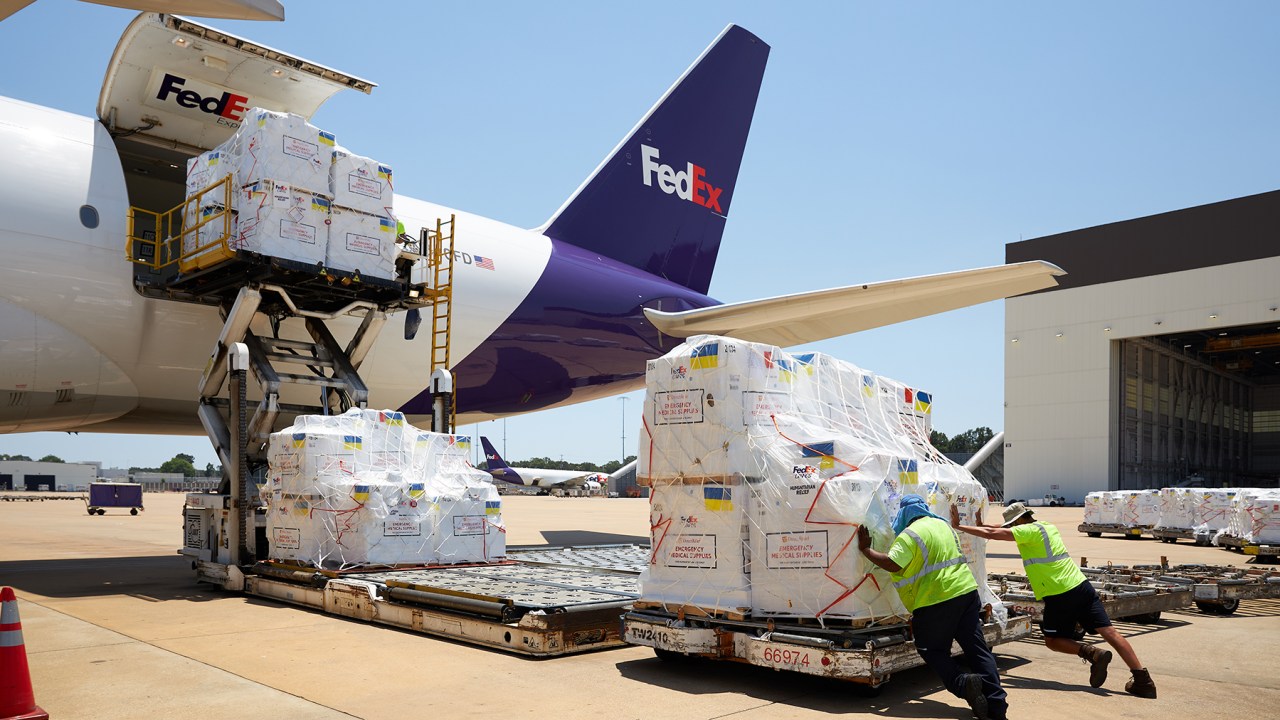News publications and other organizations are encouraged to reuse Direct Relief-published content for free under a Creative Commons License (Attribution-Non-Commercial-No Derivatives 4.0 International), given the republisher complies with the requirements identified below.
When republishing:
- Include a byline with the reporter’s name and Direct Relief in the following format: "Author Name, Direct Relief." If attribution in that format is not possible, include the following language at the top of the story: "This story was originally published by Direct Relief."
- If publishing online, please link to the original URL of the story.
- Maintain any tagline at the bottom of the story.
- With Direct Relief's permission, news publications can make changes such as localizing the content for a particular area, using a different headline, or shortening story text. To confirm edits are acceptable, please check with Direct Relief by clicking this link.
- If new content is added to the original story — for example, a comment from a local official — a note with language to the effect of the following must be included: "Additional reporting by [reporter and organization]."
-
If republished stories are shared on social media, Direct Relief appreciates being tagged in the posts:
- Twitter (@DirectRelief)
- Facebook (@DirectRelief)
- Instagram (@DirectRelief)
Republishing Images:
Unless stated otherwise, images shot by Direct Relief may be republished for non-commercial purposes with proper attribution, given the republisher complies with the requirements identified below.
- Maintain correct caption information.
- Credit the photographer and Direct Relief in the caption. For example: "First and Last Name / Direct Relief."
- Do not digitally alter images.
Direct Relief often contracts with freelance photographers who usually, but not always, allow their work to be published by Direct Relief’s media partners. Contact Direct Relief for permission to use images in which Direct Relief is not credited in the caption by clicking here.
Other Requirements:
- Do not state or imply that donations to any third-party organization support Direct Relief's work.
- Republishers may not sell Direct Relief's content.
- Direct Relief's work is prohibited from populating web pages designed to improve rankings on search engines or solely to gain revenue from network-based advertisements.
- Advance permission is required to translate Direct Relief's stories into a language different from the original language of publication. To inquire, contact us here.
- If Direct Relief requests a change to or removal of republished Direct Relief content from a site or on-air, the republisher must comply.
For any additional questions about republishing Direct Relief content, please email the team here.





